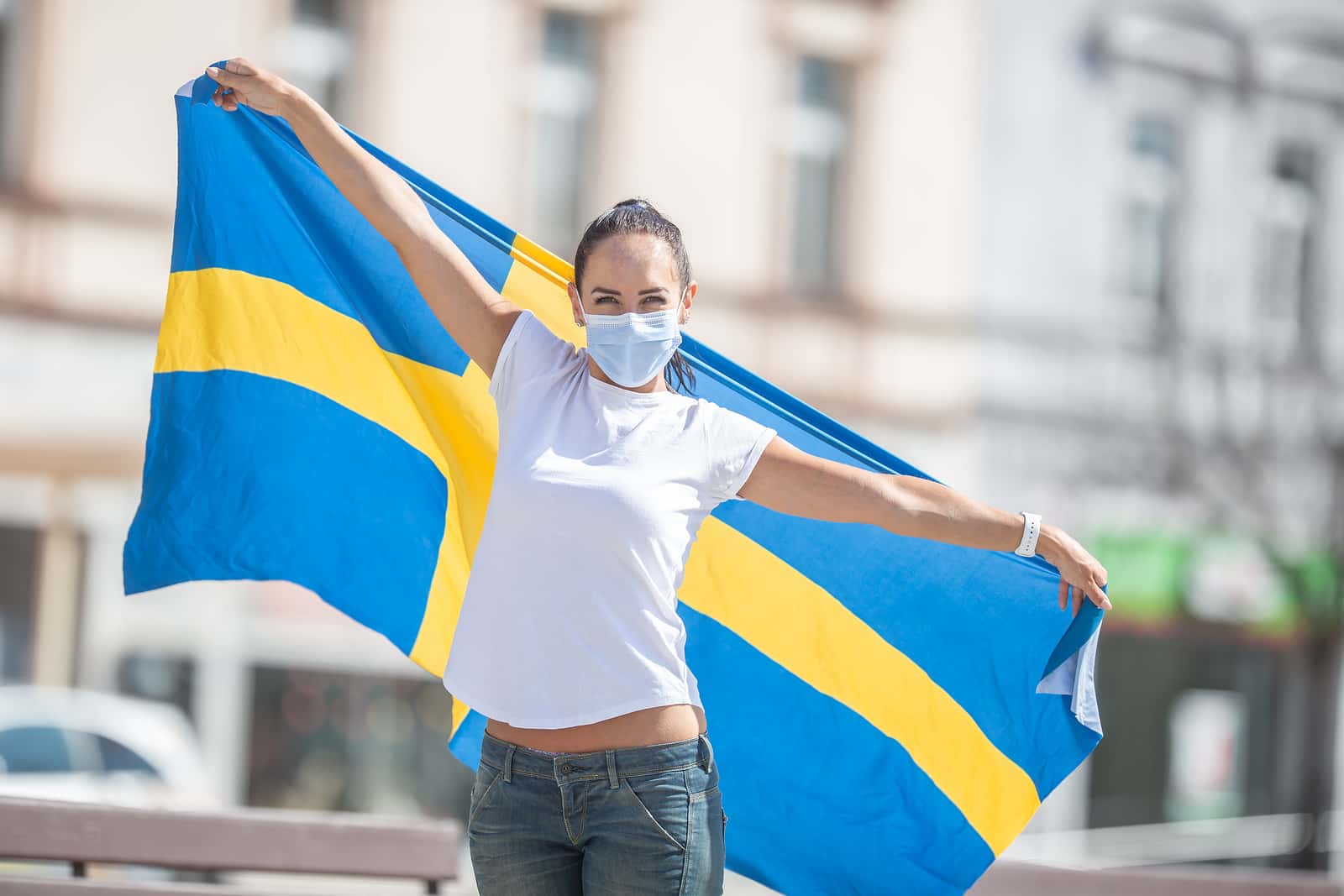
The Swedish model for managing the coronavirus pandemic is generating tremendous controversy in Europe and around the world. The country never instituted a widespread lockdown. Cafes, restaurants, bars and businesses have remained open and youngsters have continued to attend classes.
Although the country’s public health authorities have denied that they are seeking to achieve herd immunity, the so-called soft Swedish approach encourages people to work from home but is not mandatory. Some have described the Swedish model of coronavirus management as a hands-off approach. It relies on common sense and self-regulation.
Has the Swedish Model Worked?
The Swedish economy has not suffered as much as the rest of Europe or North America. The slowdown there is predicted to be less severe and shorter than in other European countries. After all, most businesses never closed. Of course, exports will ultimately suffer because other countries are likely to cut back on Swedish purchases.
What about health? Has the Swedish model been better or worse when it comes to sickness and death from SARS-CoV-2?
The Swedish Model and Deaths:
Over the last week, Sweden reported the most deaths per capita compared to other European countries. For example, Sweden had a death rate of 371 per million residents. That’s eight times the death rate of Finland or Norway.
Put another way, in a recent week in mid-May, Sweden averaged 6.25 deaths per million. Compare that with the death rate at the same time frame in Italy of 3 deaths per million inhabitants or Germany, at 0.8 deaths per million. Sweden’s total per capita death rate for the pandemic so far is less than that of Italy, Spain, Belgium or France but much higher than that of neighboring Norway, Finland or Denmark.
A Delayed Reaction?
Europe is beginning to reopen. People are heading back to their workplaces. The Swedish government, however, is encouraging people to work from home. They are also being told to avoid traveling for the next two months. Of course, these are voluntary recommendations.
Only time will tell if the Swedish model was a better approach than the more rigorous lockdown instituted in other Scandinavian countries. In the short run, Denmark, Finland and Norway have a far better track record when it comes to saving lives. Will that difference hold up a year from now? We will have to wait for the stats to answer that question.

